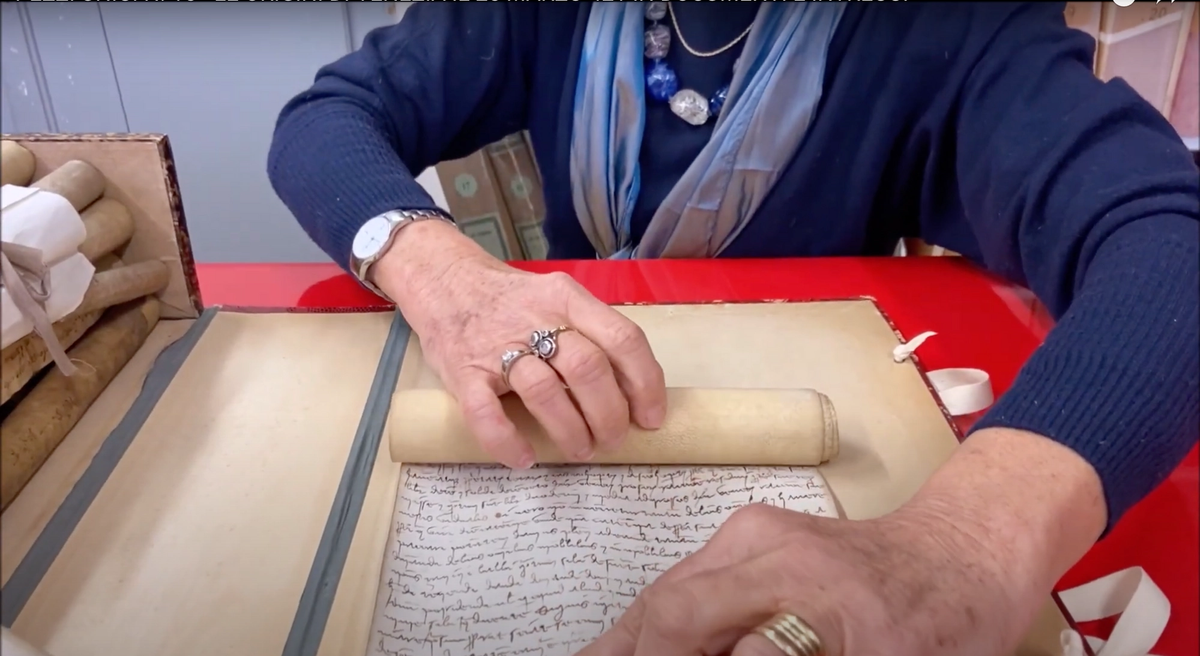Six serious Italian scholars have perpetrated a delicious April Fool’s prank relating to the date on which Venice was supposedly founded: 25 March 421.
On 25 March, the city’s 1,600th anniversary began to be commemorated in pomp and circumstance with a mass in the Basilica of St Mark’s, the ringing of all the bells of Venice, a message from the president of Italy and 230 proposals to the organising committee of events for the rest of the year.
How serendipitous that two documents proving that 421 really is the date of foundation turned up just in time, because hitherto the earliest evidence for it only goes back to 1514 and the diary of the Venetian historian Marin Sanudo, who noted that 25 March was also the day on which God created Adam.
Both the newly found documents corroborate that date, announced the scholars. One of them is a minor chronicle of the 14th century, the other a spirited 12th-century poem in Provencal by one Aloysius or Alovisyus de Brukhny, of which this is the key passage:
“kel bindù malahuratz / del kaiser barbaros / buschar noirimen ala batalha cogitat / da vu cha g’avei fondà Vineghia / nel quatrozent vinti un alo die sacrem / del vinti chal sink mars demor venet / ve parem el noster oc col deo in avant / dela man del luzifer / per brigarse a nualtri par vinsar i paiser el bisson cuil leon…”
Over the week leading up to the great anniversary, the sensational discovery was teased out on video in tantalising snippets by Attilio Bartoli Langeli, lecturer in palaeography at the Pontificio ateneo Antonianum, who described the poem as “a classic example of diplomatic minuscule”. Lorenzo Tomasin, professor of romance philology at the University of Lausanne, highlighted the text’s “unequivocal Venetian accents”, while the archivist Alessandra Schiavon and the directors of the Archivio Nazionale and the Biblioteca Marciana Gianni Penzo Doria e Stefano Campagnolo also offered their expertise backing up the writing.
At the same time as making these announcements, they promised to tell all on YouTube on 2 April. Instead, what the public got was a confession that they had invented the whole thing, poem and all. “Not just to lighten our spirits in these dark times but to remind us of the importance of original sources,” the scholars said. “We did it, not to make fools of you, but to make a plea for the ethics of historical research”. Their message: history is a serious business and libraries and archives need to be financed and cared for.


